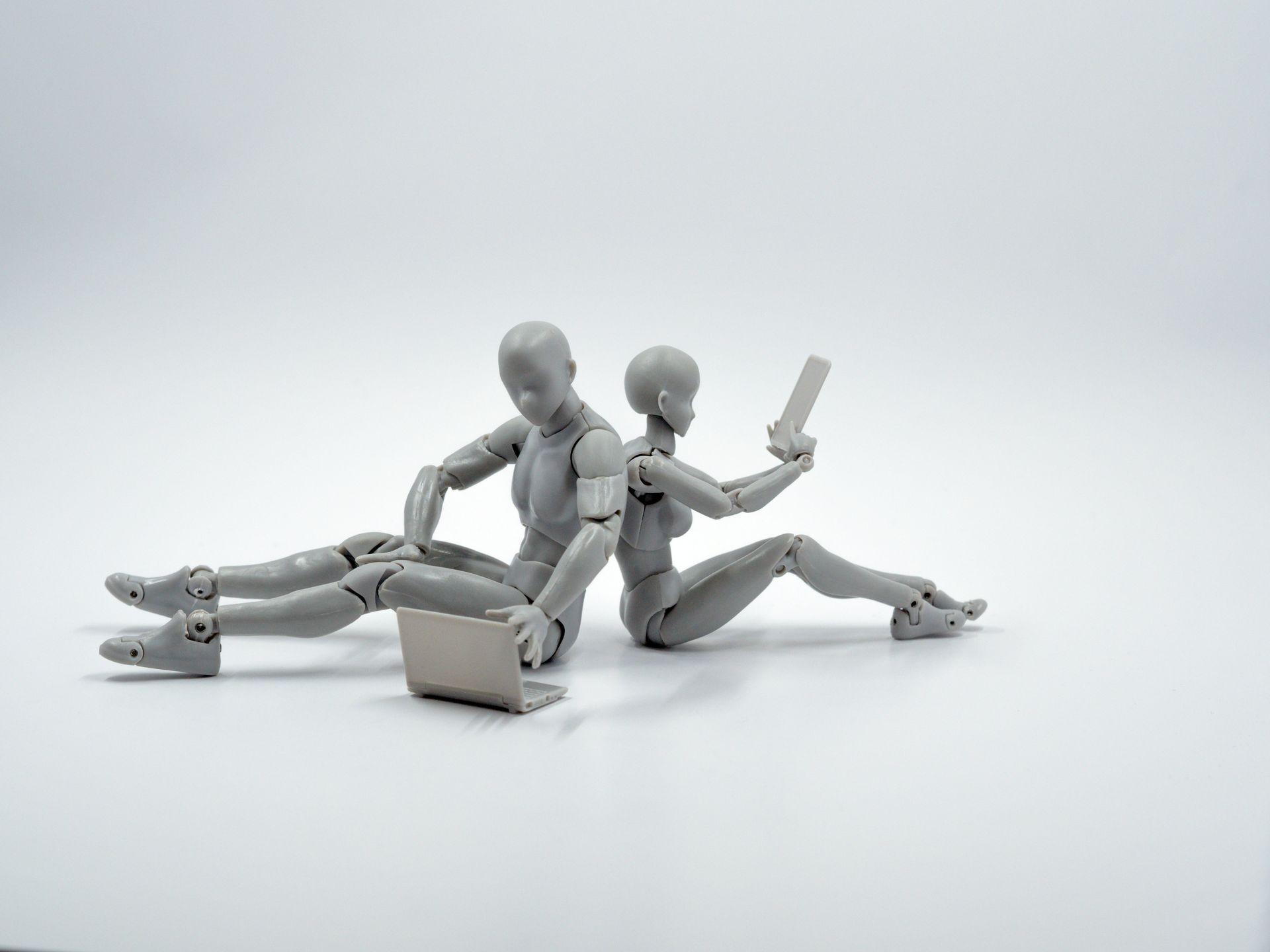The internet loves a good sci-fi rumor, and one of the most persistent involves Elon Musk robot wives work. Articles and social media posts have circulated for years, claiming that Musk’s companies, like Tesla or Neuralink, are developing humanoid robots specifically designed for companionship and intimacy.
Days after the new Tesla’s robot, Optimus Gen 2 was shown publically, a new rumor about Elon Musk and his crazy ideas came online.
The rumor has captured the imagination of many, with some people excited at the prospect of having a robotic partner, while others are concerned about the ethical implications.
So, is Elon Musk robot wives project real or yet another trolling incident? Let us explain.
Are Elon Musk robot wives rumors true?
The truth is far less sensational. There is no evidence to suggest that Elon Musk or any of his companies are actively working on “robot wives.” The images that often accompany these rumors are AI-generated, not prototypes from a secret Musk lab.
What images do you say? Here is how an Elon Musk robot wives project would look if it was real from Daniel Marven‘s humourous xeet:
https://twitter.com/danielmarven/status/1658463299329982465
The development of truly sentient and emotionally intelligent robots is still in the realm of science fiction. While advancements in AI are impressive, we are far from creating robots that can replicate the complexities of human emotions and relationships.
So is Elon Musk making robot wives?
No, Elon Musk is not working on a robot wife, yet. But, where does this rumor come from? Here are a few possible factors:
- Musk’s interest in AI and robotics: He has openly discussed the potential of AI and expressed his belief that advanced robots could play a significant role in the future. This, combined with his penchant for bold ventures, has fueled speculation about his plans in this area
- Sci-fi tropes and anxieties: The idea of human-like robots capable of love and companionship has been a staple of science fiction for decades. These stories often explore the ethical and societal implications of such technology, which can blur the lines between reality and fiction
- Misinformation and clickbait: Unfortunately, the internet is fertile ground for the spread of false information. Clickbait headlines and sensationalized articles can easily go viral, even if they are based on speculation or outright falsehoods
Although we admire the power of social media, sometimes news such as the Elon Musk robot wives project can spread misinformation.

Let’s get real
Instead of focusing on the Elon Musk robot wifes rumor, let’s explore the more grounded and realistic potential of AI and robotics:
- Assisting with daily tasks: Robots can already perform many household chores, freeing up human time and energy. Imagine robotic companions helping with cooking, cleaning, and even childcare
- Providing companionship and support: Robots could offer companionship to people who live alone or struggle with social interaction. They could also provide emotional support and reminders for medication or appointments
- Aiding in healthcare and rehabilitation: Robots can assist medical professionals in surgery, therapy, and elder care. They can also be used to develop new treatments and technologies for improving human health
The future of AI and robotics holds immense potential for good, but it’s crucial to approach this technology with caution and critical thinking. We should focus on developing robots that benefit humanity, not perpetuate sensationalized rumors based on science fiction tropes like Elon Musk robot wives project case.
Technology and the future are bright and much better days await humanity. All these developments are a film that we watch with our mouths open in admiration, and there is no harm in a little joke like Elon Musk robot wives project in the middle of the film.
Featured image credit: ainterestingaf/Instagram.






